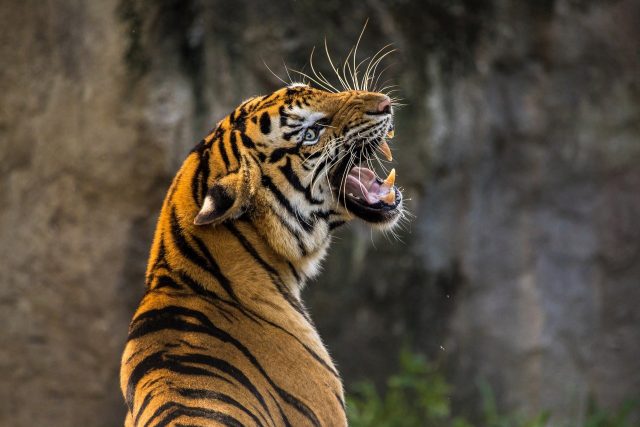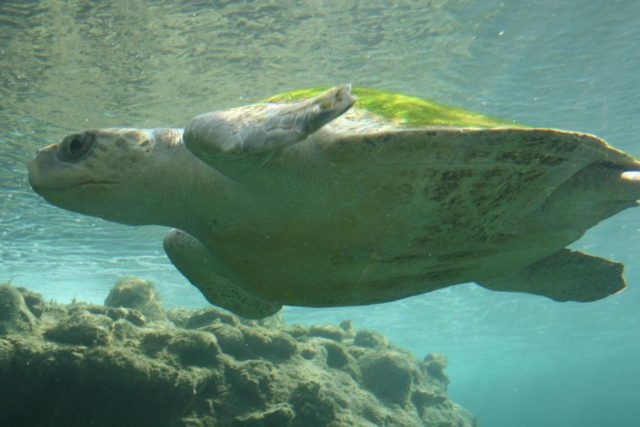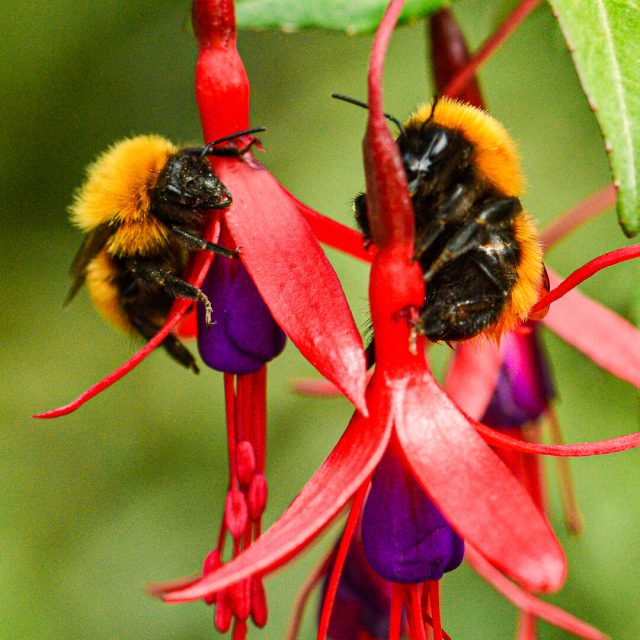Wolffia, also known as duckweed, is the fastest-growing plant known, but the genetics underlying this strange little plant's success have long been a mystery to scientists. Now, thanks to advances in genome sequencing, researchers are learning what makes this...
Residential gardens are a poor substitute for native bushland and increasing urbanisation is a growing threat when it comes to bees, Curtin University research has found.
Published in 'Urban Ecosystems', the research looked at bee visits to flowers, which form pollination...
An international team, led by the Bavarian State Collection of Zoology (ZSM-SNSB), has discovered a minuscule new species of chameleon. The sole known, apparently adult male of the new species has a body size of just 13.5 mm, making...
Spirituality isn't usually considered a factor in conservation efforts. But indigenous peoples who worship wildlife may be helping protect endangered species from extinction.
The Soligas tribe in the Western Ghats of India reveres the Bengal tiger. Their coexistence in India's...
Males and females not only behave differently in terms of sex, they are evolutionarily programmed to do so, according to a new study from Oxford, which found sex-specific signals affect behavior.
The new study from Oxford's Goodwin group from the...
Although loggerhead sea turtles return to the same beach where they hatched to lay their eggs, a new study by a USF professor finds individual females lay numerous clutches of eggs in locations miles apart from each other to...
For centuries, humans have blamed the moon for our moods, accidents and even natural disasters. But new research indicates that our planet's celestial companion impacts something else entirely—our sleep.
In a paper published Jan. 27 in Science Advances, scientists at the...
Researchers from The University of Western Australia have uncovered evidence of an important genetic step in the evolution of the brain. The finding highlights how genetic events that took place in our fish-like ancestors play crucial roles in human...
The first new skull discovered in nearly a century from a rare species of the iconic, tube-crested dinosaur Parasaurolophus was announced today in the journal PeerJ. The exquisite preservation of the skull, especially the bizarre tube-shaped nasal passage, finally revealed...
It's mid-January 2021, and the first gray whales from the eastern North Pacific population have started to arrive in the breeding lagoons in Baja California, Mexico. Since the start of their southbound migration from their high latitude feeding grounds,...
Researchers at the Consejo Nacional de Investigaciones Científicas y Técnicas (CONICET) in Argentina have found that, since the 1990s, up to 25% of reported bee species are no longer being reported in global records, despite a large increase in...


















